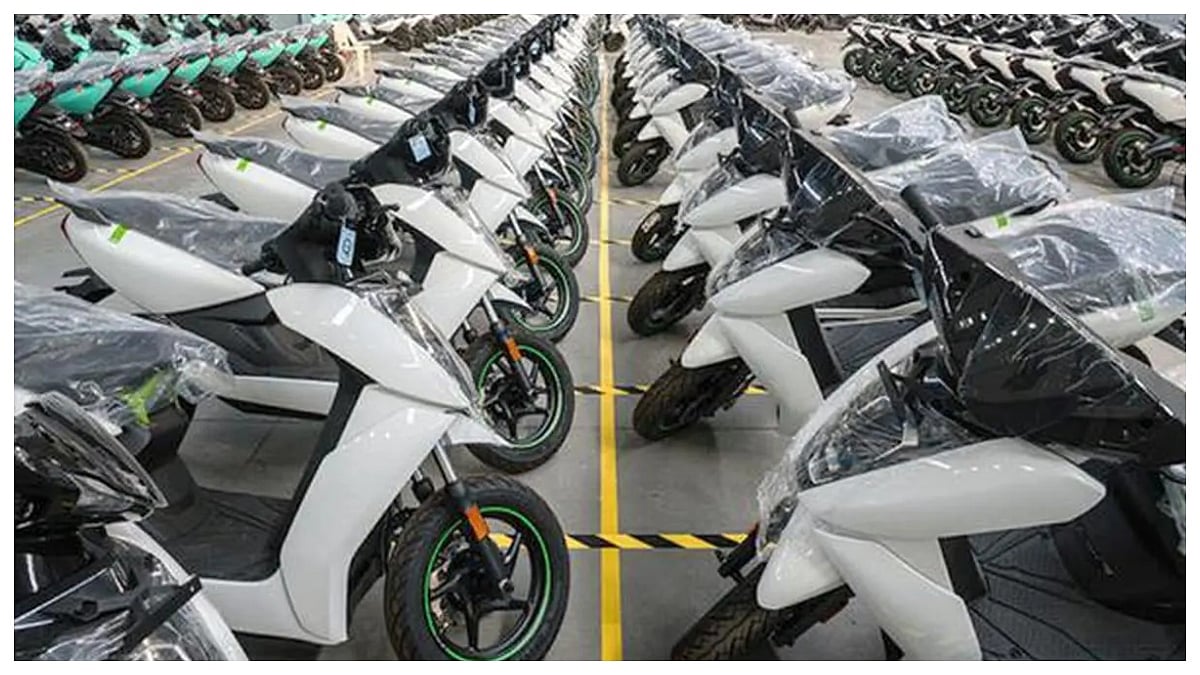We are witnessing a great humanitarian tragedy unfolding right in front of our eyes: large groups of hungry and jobless migrant labour struggling to go home and the police beating them left and right; many of them walking long distances to get home with children and a small bag of belongings on their heads; some travelling dangerously on cycles or in container-trucks or even desperately in concrete-crushers; and many dying before they reach home. How on earth can this happen in our democracy and under a disaster management act?
It is time that we must have a national consensus on quickly putting an end to this shameful situation. The exposure of the tragic conditions of these workers to the nation and the embarrassment of the national government has created a rare opportunity for the government to take radical steps. The following steps should be initiated immediately:
Firstly, allow workers to go home with dignity, with full support of funds and vehicles. It is their fundamental right. One wonders why the SC has not come out to help these workers! There should be clear orders issued. District collectors and superintendents of police should be held personally liable made responsible if migrants are mistreated or not fed along the way in their jurisdictions.
Distribute free rations of food-grains three times to all BPL-APL households for three more months from FCI go-downs. Also, give emergency monthly cash transfers to them till July-end to enable the migrants live at a reasonable standard.
Increase public health expenditure to at least 5-6 % of GDP to strengthen local facilities in rural and urban areas. This must include services related to Covid-19 also. This is a good time to get all political parties to sign on to this important change in budgetary allocations.
Create employment opportunities in rural areas: a) push up MGNREGA for improved natural resources management and infrastructure; b) give a big dose of public investment in agriculture and allied activities, c) promote MSMEs to give a big push to rural industries.
In order to address the vulnerability of workers in urban areas: a) ensure universal unemployment insurance/assistance, b) housing security, and c) food security (PDS) to all workers. A carefully designed urban EGS should be offered to increase the bargaining strength of migrant workers in the labour market.
The above steps will push up effective demand in the economy and raise new employment opportunities. The high vulnerability of migrant workers under COVID-19 is closely linked with their overall status in the economy. The above steps suggested will address both.
Why have we reached this sorry pass that millions had to suffer thus and shake the national conscience?
The answer lies in the indifferent and insensitive policy making by the government. Our capitalist-feudal system views labour as a factor of production and not human beings. It fails to see that human capital is critical for healthy development and human well-being is the ultimate goal of development.
Backbone and victims of GDP growth
Migrant workers and particularly circular migrant workers (temporary migrant workers moving between home and host areas repetitively for work) are known to be backbone of the prosperous State economies in India as also victims of growth. The economic growth of most of the prosperous States in India is largely backed by the hard work put in by migrant workers. Migrant workers from poor States/regions work in relatively prosperous States in a wide range of economic activities like construction and brick kilns, large and small industries like textiles including power looms and garments, food processing, mining and quarries, diamond cutting and polishing, engineering and machine tools, salt producing units, embroidery as well as in petty trade, petty manufacturing and petty services including street vending etc. They contribute significantly to the growth of these States and serve the population of these States in multiple ways.
Migrant workers migrate out of distress, to escape, poverty, starvation and unemployment in their States/regions to survive in prosperous States/regions; while employers in prosperous regions need migrant workers not so much because enough local workers are not available but mainly because the labour market can be segmented for migrant workers to take advantage of their vulnerability to maximise profits. Migrant workers are cheap (willing to work at low wages), docile, work for long hours and accept unfavourable terms of work. Frequently paid at piece-rated wages, migrant workers can be pushed to complete big tasks in a limited time. The plight of these workers (mostly un-skilled and semi-skilled work - skills acquired on-the-job) in different sectors and different States has been well documented by innumerable scholars.
Apart from the Inter-State Migrant Workers Act that gives power to the States of origin and destination to protect their working and living conditions, there are laws about conditions of work (Factories Act, Contract Labour Act), wages and remunerations (Minimum Wages Act), social protection (for provident funds, insurance against injury and sickness) and programmes that give them access to health, education and welfare. However, with extremely limited staff, small funds and zero if not negative political will, the implementation is very poor.
In short, migrant workers, usually belonging to SC, ST, OBC groups and minorities, are highly insecure and vulnerable, and are at the lowest ladder in the labour market. They are trapped from all sides: employers want them to minimise labour costs to maximise profits; the government administration is unequipped (low funding and staffing) and poorly motivated; the capitalist-feudal government sees them merely as a factor of production, and is in an unholy alliance with capital; and unions are threatened, harassed and beaten. The widely documented tragedy of migrant workers however has always been ignored by policy makers.
In the final analysis, one cannot accept migration of labour that makes rich States richer at the cost of the poor of the poor States. Also, it is essential to view labour as human beings, as no economy can prosper without human capital formation. Human capital formation in migrant workers promotes development in the States of origin as also in the States of destination.
Dr. Indira Hirway is Director and Professor of Economics, Center For Development Alternatives, Ahmedabad
Syndicate: The Billion Press
email:editor@thebillionpress.org










